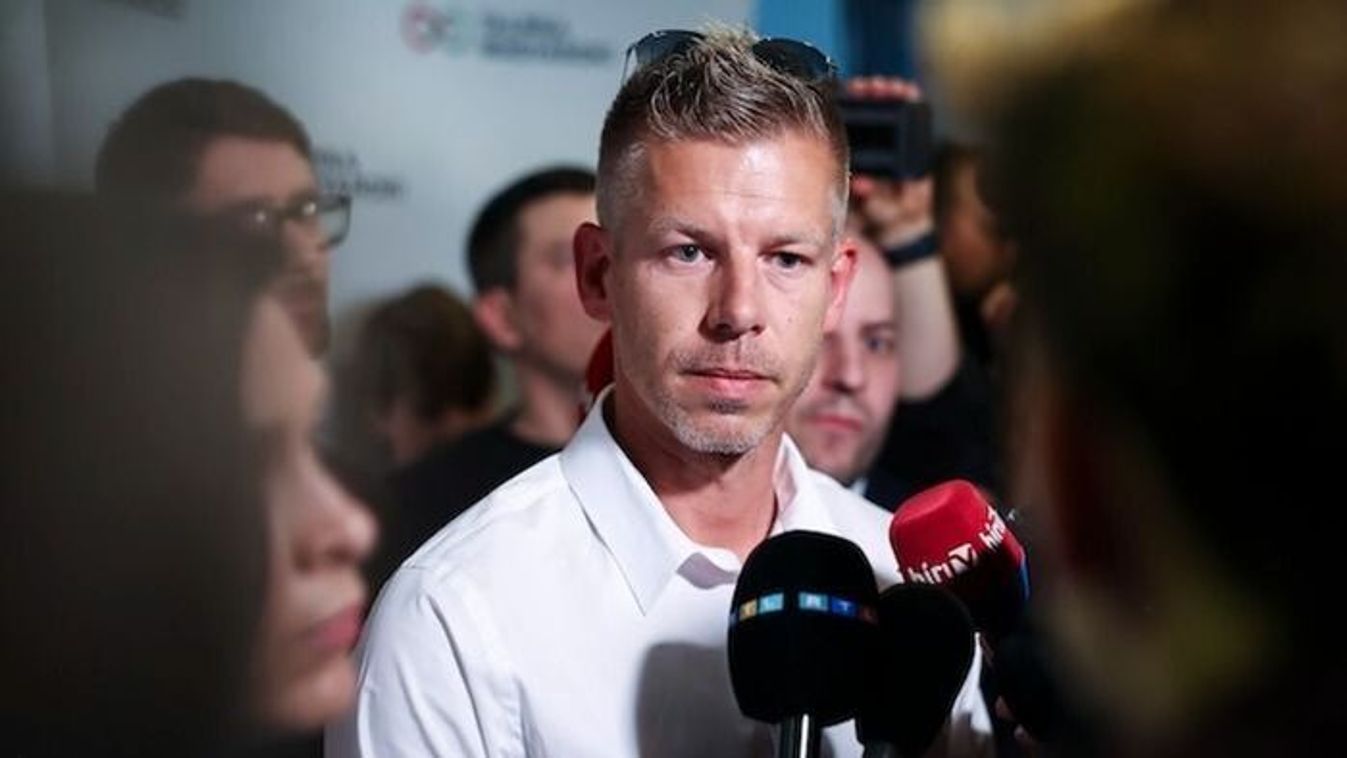Magyar Péter ne bántsa a sajtót!

Magyar Péter ma és az elmúlt napokban többször is kritizálta a sajtót és nemcsak a kormánypártit.

Mr. Cohen has not only misrepresented the facts, he has insulted free Hungarians and the government they fairly elected.

Britain’s leading left-of-center Sunday newspaper, The Observer, carried a particularly splenetic opinion piece about Hungary last weekend. Ordinarily, I would be happy to disregard the inaccuracies and false assertions of a commentator who knows little of Hungary, and let ‘yesterday’s news become tomorrow’s fish and chip paper’ (as the English would say). But this particular piece questions the legitimacy of Hungary’s international communications efforts and, as the minister in charge of these matters, it therefore calls for a response.
It is a fact of life that newspapers (and particularly western/weekend ones) are increasingly giving space to people with sensationalised views and little real knowledge. In an age of declining sales and advertising revenues, it is commercially imperative for newspapers to use all means–foul and fair–to try and keep their readers’ attention. The fact that balance and accuracy are often sacrificed in the process is unfortunate. But in the internet age, articles of this type tend to get picked up and republished on a variety of websites around the world, including Hungary. Hence, for the benefit of ‘Hungary watchers’ who are less familiar with Nick Cohen and The Observer, it might help to provide some commentary.
First, in a highly interconnected world in which English is the lingua franca, it is essential that Hungary should actively seek to put its point of view across. Inevitably, what gets written and said in the international media has an impact on the way Hungary is perceived in the world. Nature also abhors a vacuum; and not explaining our programme simply leaves a space for others to fill. We have sometimes found this to our cost in the last two years. On a range of issues from the media law to the Constitution and the law on churches, we have often allowed our detractors to interpret our actions and shape the narrative in their own interests. Other commentators have criticised us for failing to adequately explain our actions during a very busy legislative period. In light of this, it is ironic that we should now be criticised for taking steps to get out our message to the wider world more effectively.
Using PR advice is a means to ensure that Hungary at least gets a hearing in the international media, which is dominated by people like Nick Cohen, who can write more or less what they like without fear of retribution, so long as it counts as ‘opinion’ not ‘fact’. Hungary has suffered from this practice more than many countries. That’s why we have chosen to do something about it. For example, Nick Cohen can write: “of course I am not saying that Orban’s government is a return to the Iron Guard”, just as he might write: ‘of course I am not saying that Mr. Cameron actually eats human babies’. In the same way, Mr. Cohen can go on to refer to ‘right wing’ persecution of Roma in Hungary in such a way as to tar Orban’s government with this brush, even though Mr. Balog was going to the UK to explain that the government is trying to do something to stop this persecution. In these circumstances, isn’t it clear that organisations need help in crafting a response? We use PR to help put forth our case in a world where lies and truth compete on equal terms.
Most large western countries have been actively managing their media relations for many years, with professional outside help. The very close attention paid by, for instance, Downing Street and the White House to their media coverage has become the subject of hugely popular films and television series. These countries also spend millions to ensure that their case is put as competently as possible in the countries where they have embassies, and rightly so. In parallel to this, it is also the case that less well-networked, non-Anglophone countries can easily become victims of the same international media, which often prefer a good story to a true one. Hence it is entirely understandable that Hungary and others should seek assistance to level the playing field somewhat. How all of this makes Hungary essentially similar to Kazakhstan and Belerus confounds the mind of fair readers. Mr. Cohen has not only misrepresented the facts, he has insulted free Hungarians and the government they fairly elected.
*
Dr. Zoltan Kovacs is the Hungarian Minister of State for Government Communication.